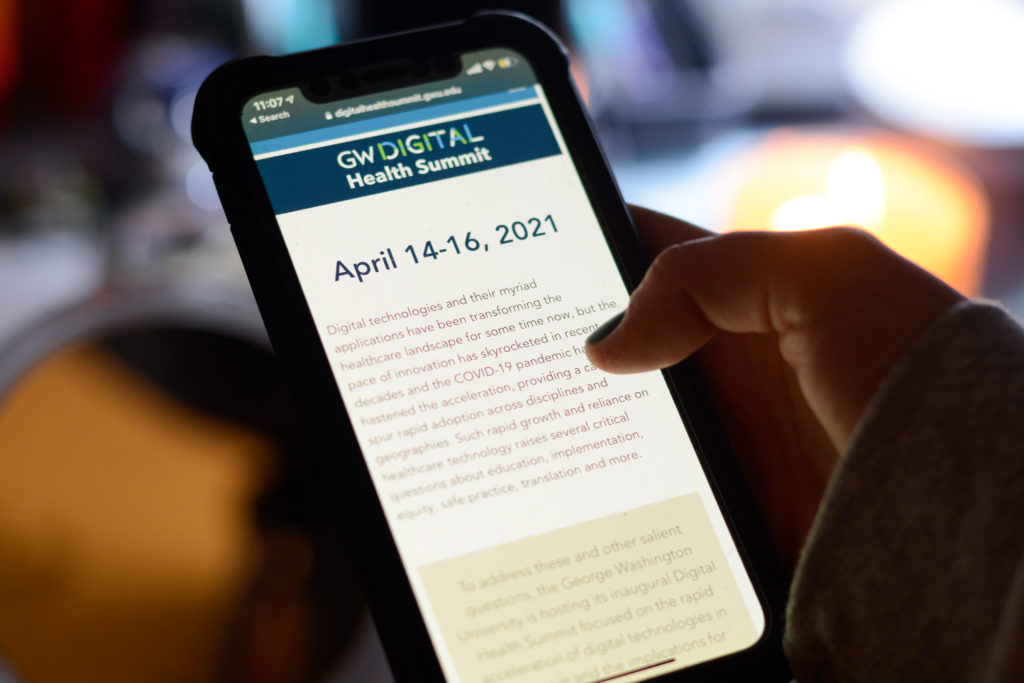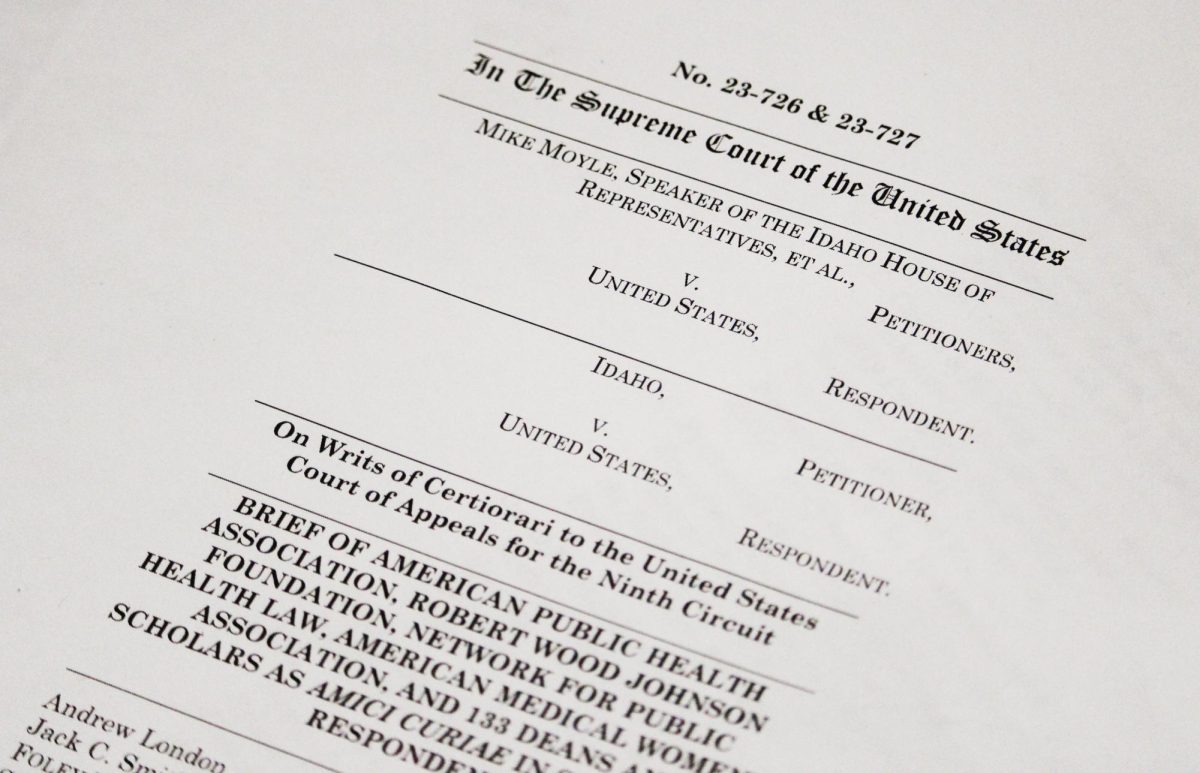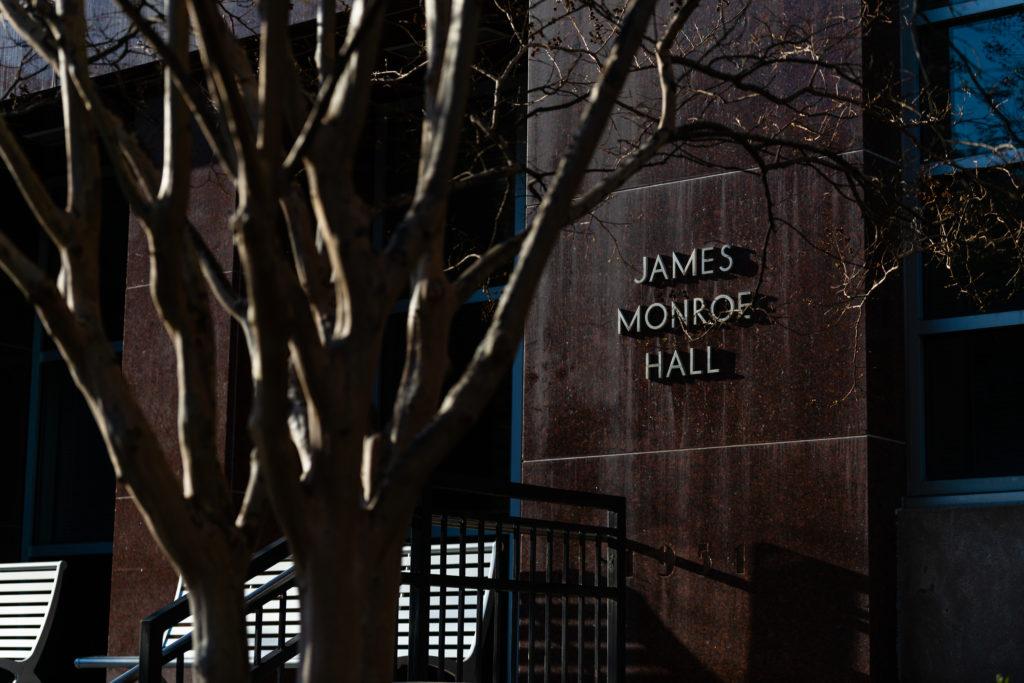GW’s medical enterprise will host its inaugural Digital Health Summit later this month to discuss how technological advancements in digital health can be applied to health care.
The summit, which will take place from April 14 to 16, will feature experts in public and digital health and will focus on topics like how current technology outside the medical field can be applied to health and medical education. Pamela Jeffries, the dean of the School of Nursing, said the COVID-19 pandemic has increased the need for digital health solutions as new technologies raise the quality and safety of health care delivery.
“This rapid growth and reliance on health care technologies caused me to reflect and ask myself critical questions – questions about education and professional development, safe practice, equity, digital literacy among the communities we are serving and more,” Jeffries said in an email.
She said the planning committee for this summit includes representatives from five schools, including the School of Medicine and Health Sciences and the School of Engineering and Applied Science. She said MedStar, a nonprofit health care organization that is also one of GW’s health care partners, helped plan the summit.
Jeffries said officials used external marketing and all forms of social media, digital marketing and professional listservs to advertise the event.
She said faculty, staff and students can register for free for all three days of the summit. She said each day of the summit has a different theme, like health care in academic institutions, innovation in the corporate sector and evidence-based research, in hopes of attracting a wide-ranging audience.
“The summit is targeted for a diverse audience interested in digital health for health professions,” Jeffries said. “Participants will include academics, clinicians, health care leaders, entrepreneurs getting started in the health care space and others interested to learn more about where we are globally now and in the future in digital health.”
The summit will feature Karen DeSalvo, the chief health officer of Google Health; Heather Cox, the chief digital health and analytics officer of Humana; and Michael O’Neil, the founder of GetWellNetwork. The summit will raise “several critical questions” about issues like education and equity in health care fields, according to the event’s website.
The first day will focus on educating participants about technology’s current involvement in health and medicine, the website states. The second day will feature a discussion on advancements in non-medical technology that could have an impact on health-related fields.
The summit will conclude on the third day with a discussion on technology currently being used in education, practice and research, according to the website.
Experts in public health said the summit should include a diverse set of speakers who are of different ages, backgrounds and professions for the summit to reach a diverse audience that includes both students and community members.
Paul Beninger, an associate professor of public health and community medicine at Tufts University, said GW’s digital health summit can help bridge the divide between local community members and college-area students. He said the summit’s facilitators should use print and electronic media when advertising to effectively eliminate the divide.
“It gets new information into the mix so that more people hear it that might not otherwise hear it,” Beninger said. “It helps identify gaps and opportunities so they’re along the same line of introducing new concepts and vocabulary. It gives people an insight into where new things are happening.”
Beninger said event organizers should ensure the summit is “cross-cultural” and panels consist of speakers of different ages and experiences to speak to a diverse audience.
“I would say you need diverse participants, you need diverse perspectives and you need a broad range of experience,” Beninger said. “So one way you can translate that is young and old. You can’t just focus on those that have their phones tied to their hip.”
Elizabeth Salerno Valdez, a postdoctoral pathways fellow and lecturer at the University of Massachusetts at Amherst, said the summit should include community organizations that could explain to health care providers what kinds of structural barriers health care community members face. She said community organizations would expose members of the summit to the needs of the community that they wouldn’t normally consider, like transportation access.
“They have their finger on the pulse of what the community needs,” Valdez said. “Oftentimes they can serve as a liaison.”








